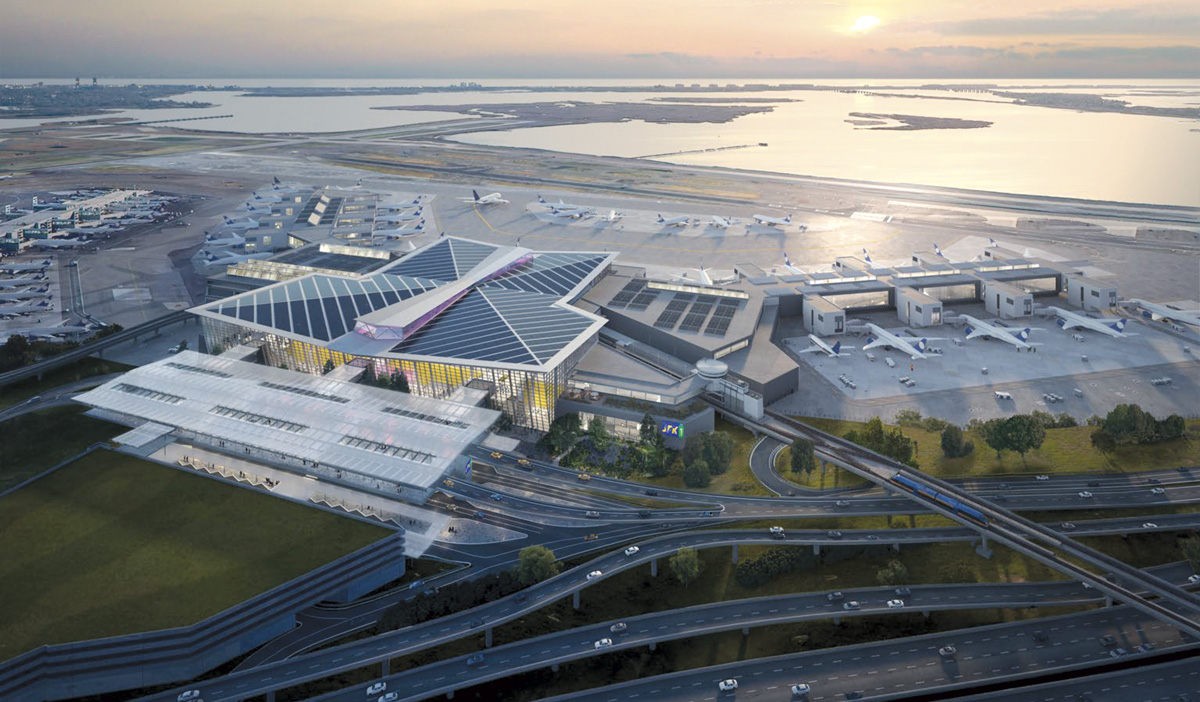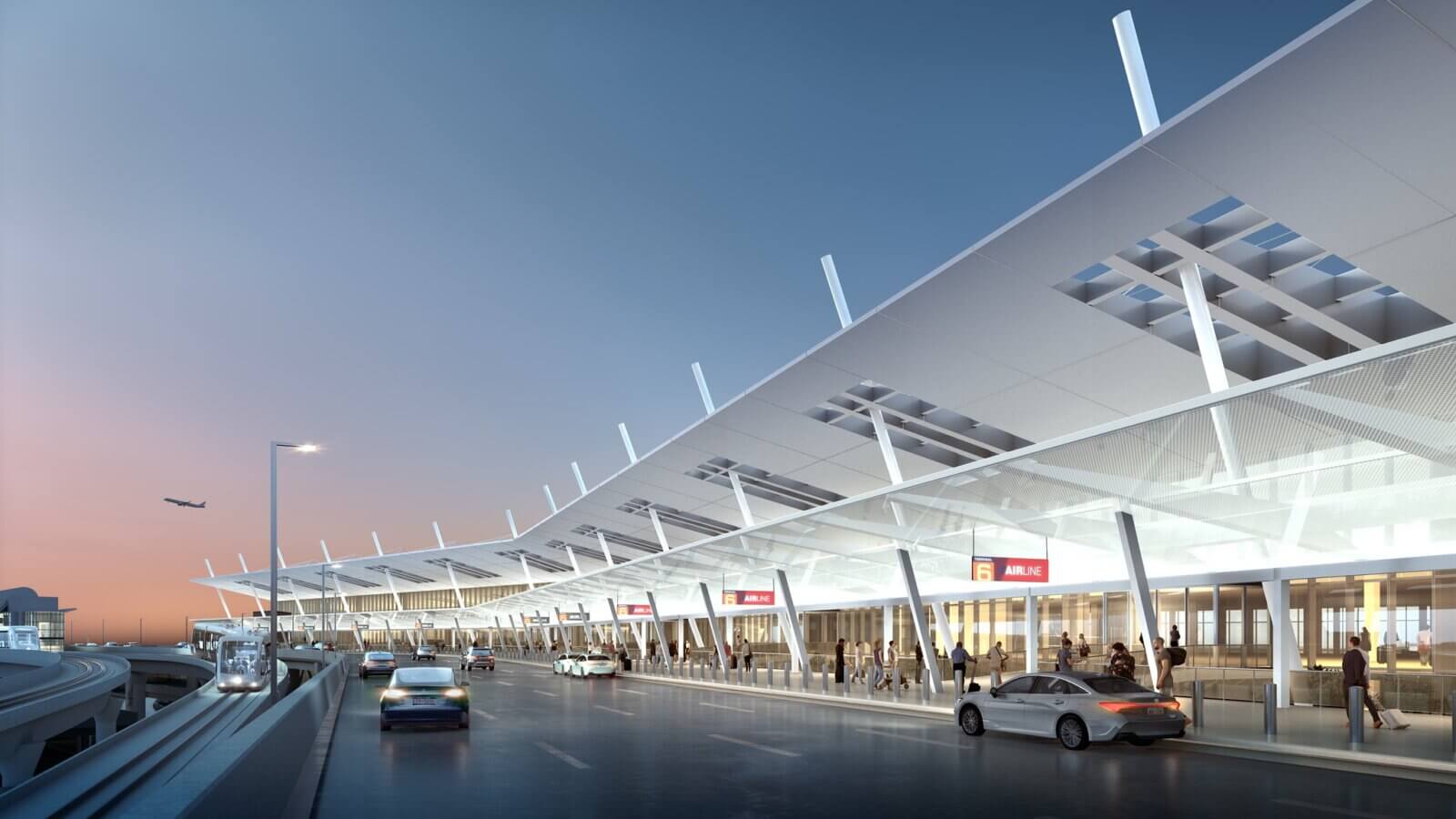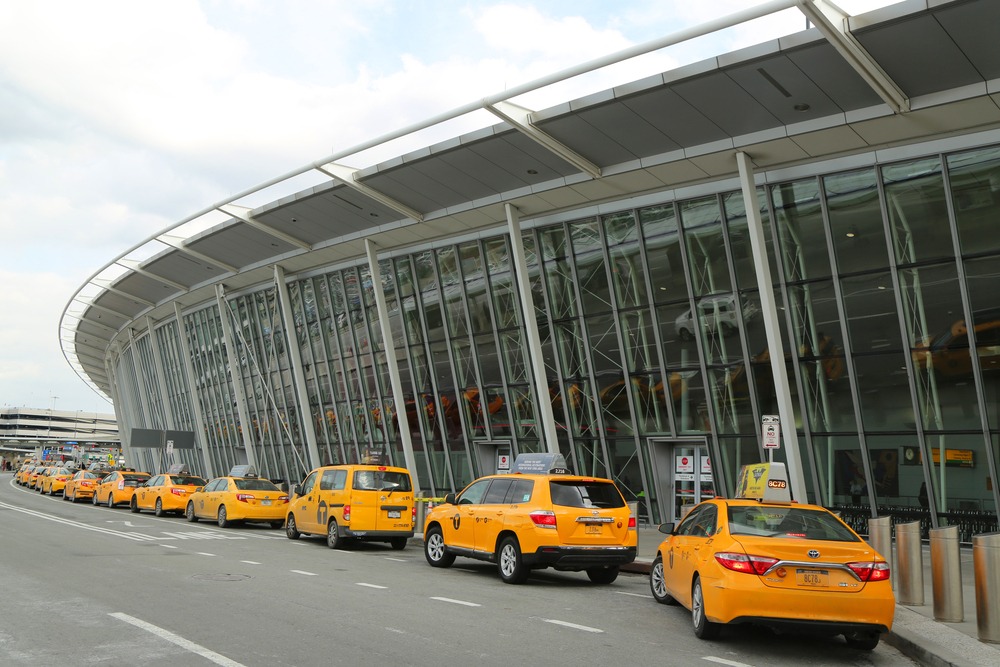Unveiling JFK Port Authority Building 14: A Comprehensive Guide
As one of the most iconic landmarks in the bustling city of New York, JFK Port Authority Building 14 stands as a testament to architectural brilliance and functional design. Located within the heart of the John F. Kennedy International Airport, this building plays a pivotal role in enhancing passenger experience and operational efficiency. Its strategic location and state-of-the-art facilities make it a focal point for travelers and aviation enthusiasts alike.
From its inception to its current prominence, JFK Port Authority Building 14 has undergone significant transformations. This article aims to provide an in-depth exploration of this remarkable structure, covering its history, architectural design, and the vital services it offers. By delving into the details, we hope to offer readers a comprehensive understanding of why this building remains an essential component of the JFK Airport infrastructure.
Whether you are a frequent traveler, an aviation professional, or simply someone curious about the workings of one of the busiest airports in the world, this article promises to deliver valuable insights. Let’s embark on a journey to explore the fascinating world of JFK Port Authority Building 14.
Read also:Netherlands Indicted Bill Gates A Comprehensive Analysis
Table of Contents
- History of JFK Port Authority Building 14
- Architectural Design
- Services Provided
- Security Measures
- Operational Efficiency
- Environmental Impact
- Future Developments
- Statistical Data
- Challenges Faced
- Conclusion
History of JFK Port Authority Building 14
JFK Port Authority Building 14 has a rich history that dates back to the early days of the JFK International Airport. Initially constructed to support growing air traffic demands, the building underwent several renovations over the years to accommodate modern aviation standards.
Origins and Development
The building’s origins trace back to the 1950s when the Port Authority of New York and New Jersey identified the need for additional facilities to streamline airport operations. Since then, it has evolved into a hub for administrative and logistical functions.
Key milestones include:
- 1958: Initial construction began.
- 1965: First major renovation.
- 2000: Modernization to enhance security and technology integration.
Architectural Design
The architectural design of JFK Port Authority Building 14 reflects a blend of functionality and aesthetic appeal. Designed by renowned architects, the building incorporates advanced materials and innovative construction techniques.
Design Features
Some of the notable design features include:
- Energy-efficient glass facades.
- Open interior spaces for improved workflow.
- Sustainable materials to reduce environmental impact.
Services Provided
JFK Port Authority Building 14 serves as a central hub for various services critical to airport operations. From administrative tasks to passenger support, the building plays a crucial role in ensuring smooth functioning.
Read also:How To Master The He Plus Job Application Process Your Ultimate Guide
Key Services
Services offered include:
- Passenger assistance and information desks.
- Security coordination and monitoring.
- Logistical support for airlines and ground operations.
Security Measures
Security is a top priority at JFK Port Authority Building 14. State-of-the-art security systems and protocols are in place to ensure the safety of both passengers and staff.
Security Protocols
Some of the implemented protocols are:
- 24/7 surveillance with advanced CCTV systems.
- Regular security drills and staff training.
- Access control systems to monitor entry and exit points.
Operational Efficiency
The building’s operational efficiency is a result of meticulous planning and strategic implementation. From streamlined workflows to cutting-edge technology, every aspect is designed to enhance productivity.
Technology Integration
Technology plays a crucial role in operational efficiency:
- Automated systems for data management.
- Real-time communication platforms for staff coordination.
- Advanced analytics for predictive maintenance.
Environmental Impact
JFK Port Authority Building 14 is committed to minimizing its environmental footprint. Through sustainable practices and eco-friendly initiatives, the building contributes to a greener future.
Sustainability Initiatives
Initiatives include:
- Installation of solar panels to generate renewable energy.
- Water conservation systems to reduce usage.
- Recycling programs to manage waste effectively.
Future Developments
Looking ahead, JFK Port Authority Building 14 is set to undergo further enhancements. Plans for expansion and modernization aim to meet the growing demands of air travel.
Planned Enhancements
Future developments include:
- Expansion of passenger facilities.
- Implementation of smart technologies for improved efficiency.
- Further investment in sustainable infrastructure.
Statistical Data
Data supports the significance of JFK Port Authority Building 14 in airport operations. According to recent statistics:
- The building handles over 50,000 passengers daily.
- Annual footfall exceeds 18 million visitors.
- Energy consumption has reduced by 20% due to sustainability measures.
Source: Port Authority of New York and New Jersey Annual Report, 2023
Challenges Faced
Despite its successes, JFK Port Authority Building 14 faces several challenges. These include:
Operational Challenges
- Managing increasing passenger numbers.
- Ensuring compliance with evolving security regulations.
- Balancing operational costs with sustainability goals.
Conclusion
JFK Port Authority Building 14 stands as a beacon of innovation and efficiency in the aviation industry. From its historical significance to its current role in enhancing airport operations, the building continues to evolve to meet the demands of modern air travel.
We encourage readers to share their thoughts and experiences in the comments section below. For those interested in learning more about JFK International Airport, explore our other articles that delve deeper into various aspects of this bustling hub. Together, let’s continue to celebrate the advancements and achievements of aviation infrastructure.


